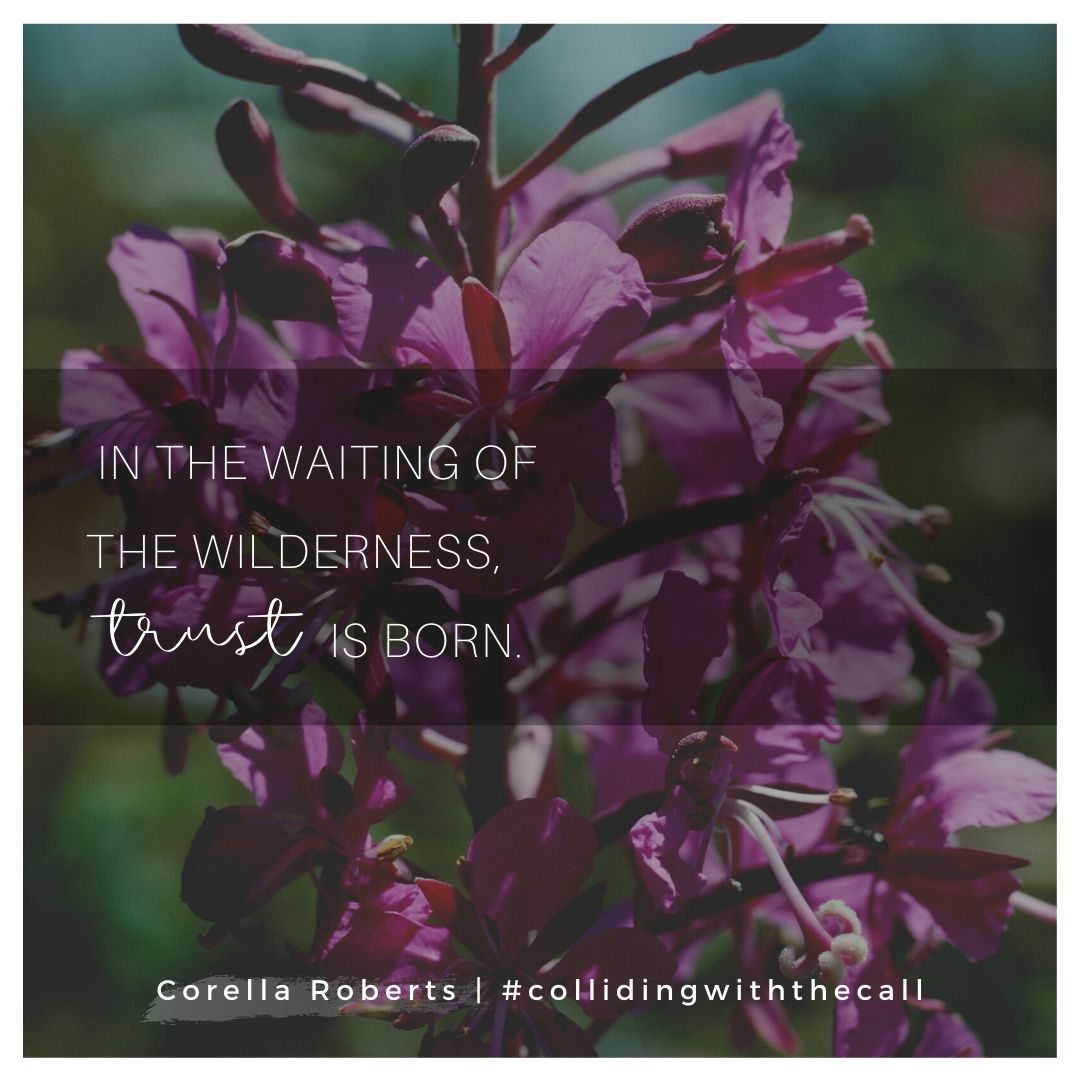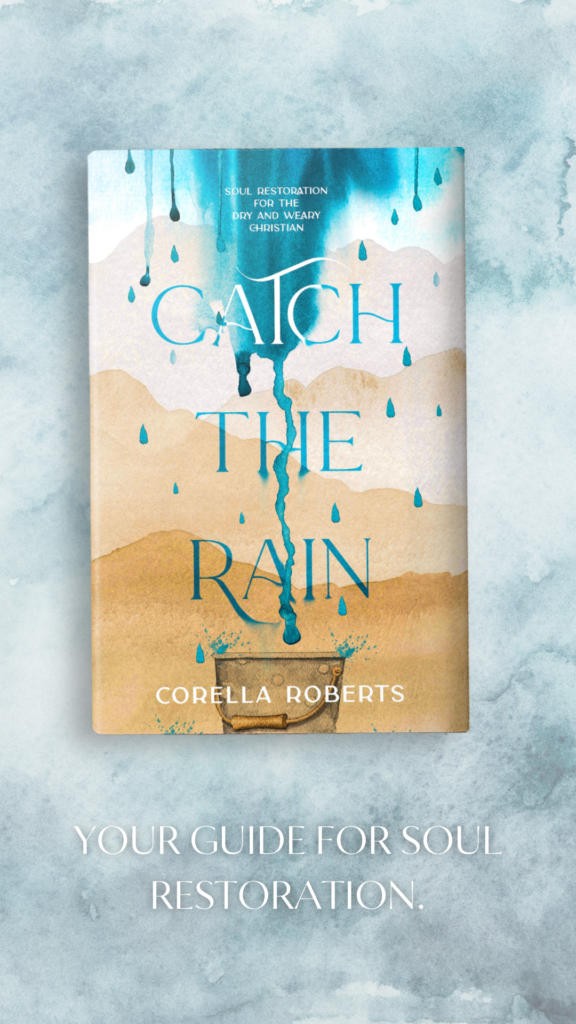The day I started consistent journaling was the day I began to make marked spiritual growth. No exaggeration. For being someone who loves words and writing, I’ve hated journaling for most of my life. I saw it as something I “should” do to record significant events, but I rarely wanted to do it or found it personally helpful. Until …
I let go of my contrived expectations of what a proper journal was supposed to be and simply viewed it as a safe place to freely express my heart, my prayers, and my questions.
You mean it doesn’t have to chronicle everything I did in a day? Nope.
Can I just write one word that caught my attention? Absolutely.
What about sketches or diagrams — do those belong in my journal? Sure!
Can I put sermon notes, book quotes, prayer lists, and raw letters to Jesus in it? Of course.
SACRED SPACE ON PAPER
Nothing is off-limits in your journal. It’s an external, unbiased place to view all your stuff. And the incredible thing is, once you’ve taken your words out of the ramblings of your mind and the emotional mire of your heart, and put them on paper in God’s presence, your life suddenly makes much more sense. Or, even if it doesn’t, you usually feel better about all of it. External processing — it’s a real human need.
I love how Mindy Caliguire says it in “Write for Your Soul: The Whys and Hows of Journaling.” (You can download her free guide here. Just scroll down the page a bit.) “Journaling becomes like a regular session with a counselor. Of course, we still need others, but the journal acts as a safe place to observe, understand and then move toward change. You can’t change what you don’t perceive.”
You can’t change what you don’t perceive.
I whole-heartedly agree, and I believe this is why I felt stuck in my journey with Christ before I started journaling. Now, to be fair, the beginning of my life as a journaler also coincided with an excellent course I was taking on spiritual formation and intentional conversations about the spiritual life with friends, so I really had the perfect catalyst for growth in that season. However, what has kept me in a place of honest reflection and forward momentum since then is my journal. It acts as the mirror to my inner world. And, just like I can’t wipe that chocolate smear off my cheek if I don’t know it’s there, I can’t open up to God in repentance, lay down my anxiety, or uncover what’s beneath my anger or unrest if I can’t see my soul clearly to begin with.
There is something profound about putting pen to paper in the presence of Jesus and writing without a plan. The thoughts and intentions of your heart, which are nearly impossible to discern without God’s illumination, surface. You want a conversational prayer life? Start it on the sacred ground of a blank piece of paper.

WHERE TO BEGIN
If the idea of a brand new journal and quiet time of reflection and prayer through writing is daunting to you, have no fear. There are easy ways to begin.
- Pick materials that feel like you.
I personally love a simple, spiral-bound, lined notebook and a quality gel pen. I have a friend who insists on using a pencil so she can erase her mistakes. Another friend prefers blank pages for more creative space, and still others like the flexible guidance of graph or dot paper. Some people color code their journals, using a specific marker for words from the Lord, or highlighting important ideas. Experiment and have fun with this!
- Decide when you want to write.
No, I don’t write every day. Many people do, even if it’s just a sentence or two as this keeps them in the disciplined habit of journaling. I like to keep my journal close and simply use it when something stands out to me or I sense turmoil in my inner world that I need to expose to God. For me, this keeps it feeling more like an invitation and less like a to-do. However, I intentionally spend one day a month doing an extensive time of reflection and journaling using a list of questions I find helpful. Still others prefer to spend regular time examining their heart weekly. There is no right or wrong time to journal.
- Familiarize yourself with the biblical precedent of uninhibited writing
Many of the Psalms and even writings of the prophets are journal-like. Consider Psalm 42 and Jeremiah 20. You are in good company with the authors of the Bible when you pour out your fears, complaints, frustrations, and hopes to the Lord. He can handle whatever you’re experiencing, and by releasing your pent-up feelings you’ll be ready to return to a place of truth, peace, and praise again.
- Try one of these prompts
- Jesus, my friend, I want to tell you about …
- I can’t decide if …
- God’s presence felt close today when …
- I felt distant from God today when …
- I’m upset that …
- Last night I dreamed …
- Father, please help me understand …
- I’m disappointed about …
- The most beautiful thing I experienced this week was …
- Thank you, Lord, for …
STRUCTURED JOURNALING RESOURCES
If you’d like more guidance on how to hear from the Lord and get the most out of your journaling times, I can recommend two resources that are absolutely wonderful.
One is The Honesty Tool, with a helpful online workshop to start you in the process. The basic premise of this method of journaling is to write with these four simple steps:
- Ask the Holy Spirit to help you and guide you
- Honestly pour out all your thoughts and feelings regarding a specific situation that you reacted strongly to
- Reread what you wrote and underline every lie that the Lord helps you see
- Ask God what He says to you about this situation, then record what you sense Him saying
The second is Immanuel Journaling, a beautiful guide for getting in God’s presence and setting your thoughts in harmony with the mind of Christ. The basic six steps of this process are:
- Interactive gratitude. “Dear God, I’m thankful for …” followed by His response to you, “Dear Child of mine…”
- “I can see you…” Write from God’s perspective what He sees as He looks at you right now.
- “I can hear you…” Write God’s perspective on what He hears you saying.
- How does God see your dreams and longings, fears and struggles?
- How does God express His tenderness toward your weakness?
- What resource does God have for you pertaining to your struggle?
(Download a worksheet by the creators of Immanuel Journaling here.)
LET’S WRITE!
No, you do not have to journal. I don’t even want you to feel like you should journal. But, just maybe, this is the invitation and nudge that you’ve needed to find clarity in your walk with Christ by seeing your soul on paper. If it is, welcome. Jim and Elisabeth Elliot, Charles Spurgeon, John Wesley, Mother Theressa, Beth Moore, Emily P. Freeman, and John Eldredge welcome you, too. We all find it rather helpful.
May you be blessed with openness and freedom as you write this week. May the Spirit meet you in your words and speak to you through your pen. May clarity emerge for your decisions, purpose for your giftings, and healing for your relationships as you physically surrender the tumult of your mind to Christ.
Are you ready to begin but still have questions? Or are you a regular journaler with an idea to share? Please comment on the blog or send me an email. I always love to hear from you!











4 Comments
I appreciate this so much! As a writer, I’m constantly thinking: How can I use this? Where can I share this? You’ve convinced me that it would be worth it to carve out some time to write with no intention of letting any other eyes see it but my own 🙂
I understand this struggle so well! Sometimes it’s hard for me to switch writing mindsets in my journal, trying to polish my words even there. We’re in this together, Sarah!
I struggle to journal with any consistency. I start with a purpose and motivation and struggle to maintain for very long! Thanks for the tips! I will give them a try.
Hi Tracy! I hope something here does help you enjoy a bit more regularity in your journaling. Even a bit of reflection once a week can be so helpful for solidifying what God is doing in our hearts.